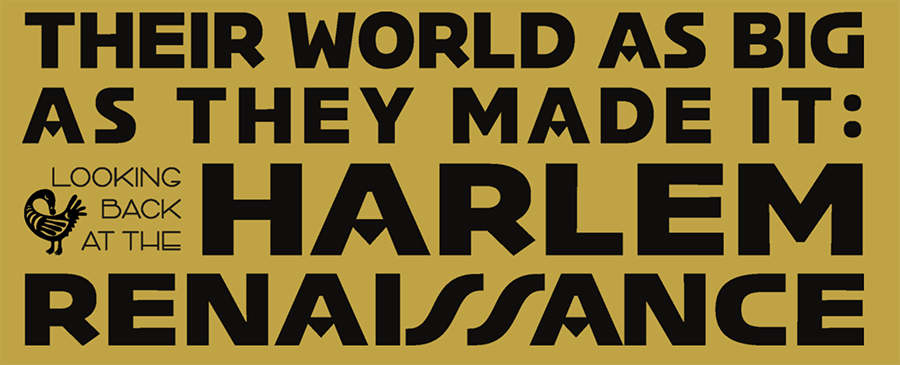Library stories
Stories about the human element of the library experience, illuminating perspectives from staff, students, researchers, and more.
On Presidents Day 2026, the University of Virginia hosted a special event, “Declaration Under the Dome” in the Rotunda as part of the University’s ongoing UVA250 celebration. For one day only, UVA Library staff members moved an original 1776 copy of the Declaration of Independence from its secure vault in the Albert and Shirley Small Special Collections Library to the Rotunda Dome Room for public viewing.
There are more than 13 million manuscripts held and maintained by UVA’s Albert and Shirley Small Special Collections Library (along with hundreds of thousands of maps, rare books, photographs, broadsides, and more) but the majority of those documents have not been digitized or transcribed.
The 2025 University of Virginia Library User Survey results are in, helping us understand what matters most to our community. User surveys guide decisions about how our spaces are used, how our collections grow, and how we can support the research and learning needs of our students and faculty.
In 2024, Julia Mathas, then an Editorial Assistant at the Virginia Quarterly Review (VQR), was conducting research on the literary magazine’s history in anticipation of its centennial anniversary the following year. While looking for a file on Ezra Pound in the correspondence archives of VQR’s longest-serving editor, Charlotte Kohler, Mathas stumbled upon a folder labelled “Sylvia Plath.” Within it she found a signed 1958 letter from Plath asking the editors to consider three of her poems for publication.
Two fourth-year UVA Library student workers, Andrew Spencer and SuLing Llanes-Trexler, were profiled in UVA Today this week in a story about their unlikely friendship.
April is National Poetry Month and UVA Library is pleased to announce that poet MaKshya Tolbert, the inaugural Art in Library Spaces Artist-in-Residence, will deliver a talk on place-based poetics and creative process on April 18.
If you have a research software question, whether you’re a student, faculty member, or staff, UVA Library’s Nancy Kechner is here to help. A Research Software Specialist working in the Charles L. Brown Science and Engineering Library, Kechner answers numerous queries each day about software, tools, and technology; teaches workshops on data visualization; and creates LibGuides for students enrolled in various courses.
On the second floor of Shannon Library, two massive mixed-media collages hanging side by side are catching the attention of passers-by. The art installation, titled “Free to Be, a Collective Virginia Landscape,” is the work of Maria Villanueva, an Assistant Professor of Art who arrived at UVA in August.
By day, Associate Librarian Josh Thorud teaches audio/video and digital art instructional sessions to students and helps faculty design courses that involve media literacy, AI, and digital storytelling.
The Athenian “Agora” of the classical period of the 4th and 5th centuries BCE — the business, legal, and political center of the city — has been much studied by archaeologists. But its history in the middle Byzantine era, from roughly the 9th to the 12th century CE, has been relatively overlooked. Associate Professor of Byzantine Art and Archaeology Fotini Kondyli is working to change that.
The Cavalier Daily — the University of Virginia’s student newspaper — has been recording UVA history and student life for 134 years, since it was founded in 1890 under the name College Topics.
UVA Library’s reference team had a busy 2024 as it moved into the renovated Shannon Library and welcomed eager visitors. In April, the month of Shannon’s grand opening to the public, a record-breaking 113,000 people visited the library, and with that surging foot traffic came increased desk inquires for the reference team.
As the end of the year approaches, we asked UVA Library staff to recommend their favorite books they read in 2024. The books could be any genre, published in any year, so long as they were available in UVA Library’s or the Jefferson-Madison Regional Library’s collections.
It’s nearly Halloween, and to celebrate the holiday we’ve put together this compilation of chilling stories about UVA Library covering supposed spirits in the stacks, creepy items found in Special Collections, and recommended horror reading from two of our librarians.
What do sketches of “Gibson Girls,” with their sumptuous bouffants, have in common with the abstract covers of The Craftsman magazine or the stark, black-and-white woodblock prints in early graphic novels? They all represent American modernity at the start of the 20th century, illustrated through innovations in print culture.
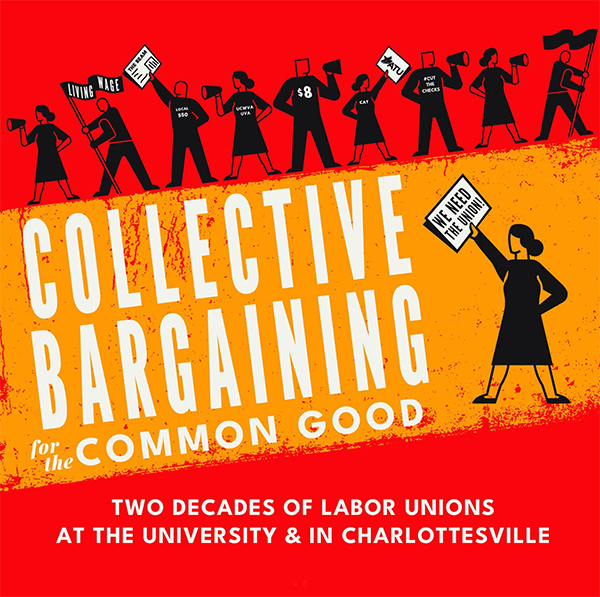 When first-year students signed up for Piers Gelly’s course to fulfill their required ENWR class credits for fall 2023, they had no idea that they’d soon become the only
When first-year students signed up for Piers Gelly’s course to fulfill their required ENWR class credits for fall 2023, they had no idea that they’d soon become the only
They are bright, eye-catching, inviting: eight colorful banners on the second floor of Shannon Library call out visitors with greetings and phrases in languages that represent the University’s Asian, Pacific Islander, and South Asian American (APISAA) community.
After being closed for nearly four years, Alderman Library — now The Edgar Shannon Library — reopened in early January, with 100,000 square feet of renovated space and 130,000 square feet of new construction replacing the previous stacks towers.
In advance of the grand opening celebration of The Edgar Shannon Library on April 4, we’re taking a deep dive into historical photos of the building and comparing them with the renovated space today.
Good news for bibliophiles: the books in Alderman Library’s fifth-floor stacks are now fully moved in and available to patrons! Browse the shelves to your heart’s content and, when ready, take your selected books to a circulation desk on the second or fourth floors for checkout. (Throughout the renovation, these books were available in Clemons or “by request” through Virgo.)
On a warm day last June, visitors flocked to the Albert and Shirley Small Special Collections Library for a “Family Day” event in celebration of the library’s blockbuster exhibition, “Visions of Progress: Portraits of Dignity, Style, and Racial Uplift,” curated by UVA Associate Professor of History John Edwin Mason.

Earlier this week, Indian cricket star Sachin Tendulkar spoke out about a deepfake video sur
Students, faculty, staff, and community members streamed into the University of Virginia’s newly renovated main library when its doors opened to the public at 9 a.m. sharp for the first time in nearly four years.
The University of Virginia Library is pleased to announce that its main library, which has undergone a transformational, four-year renovation, will reopen to the public on Monday, Jan. 8, at 9 a.m.
As the end of the year approaches, we asked UVA Library staff to recommend their favorite books they read in 2023. The books could be any genre, published in any year, so long as they were available in UVA Library’s or the Jefferson-Madison Regional Library’s collections.
In June 1844, landscape painter Russell Smith traveled from Philadelphia to Virginia on a hot, dusty train to meet up with geologist William Barton Rogers, a professor of natural philosophy at the University of Virginia. Smith joined Rogers to work as an illustrator for the next phase of the Geological Survey of Virginia, which stu
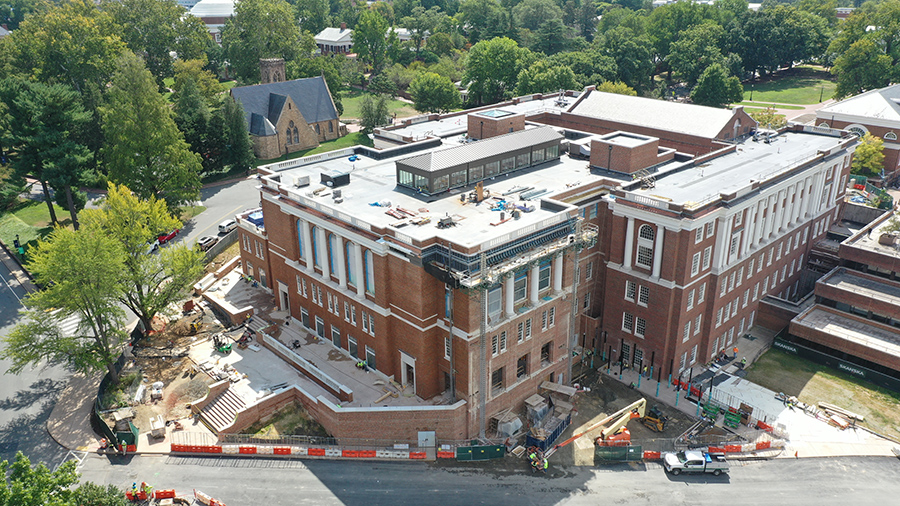
Students are back on Grounds, classes are in session, and the Library is here to help. As a UVA student, you can use the Library to access books, journals, databases, makerspaces, and media equipment.
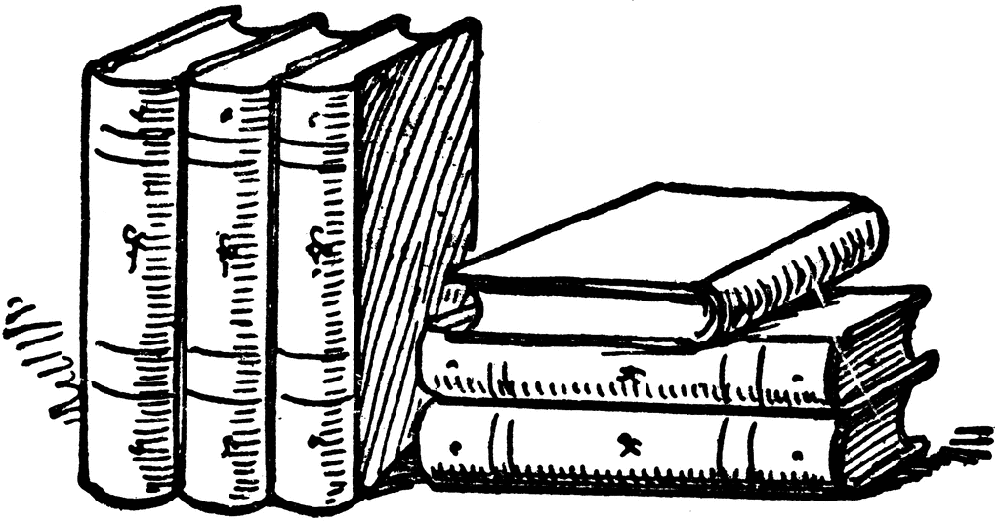
It’s been a somewhat quiet summer on Grounds as we await students’ return for the fall semester. Renovations on the main library continue, with the building’s grand opening scheduled for April 2024.
Guest post by Rob Smith, Digital Production Group Project Manager
We offer singular experiences in the UVA Library — for our staff, for our student employees, for scholars near and far, for our patrons, for the communities we connect with and serve, and for others tied to the broad networks of knowledge wrapping around our world. Typically, we do this work and our outreach in unique ways. It’s how we roll.
It’s possible to mistake Ivy Creek Natural Area & Historic River View Farm, located off Earlysville Road in Albemarle County, for simply a nice place to take a hike, with gentle hills, thriving wildlife, and views of the Blue Ridge Mountains. Lisa Shutt, an Associate Professor in UVA’s Carter G.
What does an iconic Andy Warhol silkscreen portrait of the musician Prince have to do with the work of libraries? It all relates to the issue of fair use, according to Brandon Butler, the University of Virginia Library’s Director of Information Policy. Last week, the U.S. Supreme Court handed down a decision about Warhol’s licensing of “Orange Prince,” as well as two other rulings — Twitter v. Taamneh and Gonzalez v. Google — that addressed platform liability for user content.
Guest post by Sherri Brown, UVA Librarian for English and Digital Humanities
Earlier this month in the Albert and Shirley Small Special Collections Library, a happy group of alumni, students, and staff posed in front of a portrait of Fernando Bolívar, who was likely the first Latin American student at the University of Virginia. The nephew and adopted son of the Venezuelan leader Simón Bolívar, Fernando enrolled at the University in 1827.
The University of Virginia Library is delighted to announce the donation of a major gift, the Iselin Collection of Humor. Built over many years by noted collector and retired attorney Josephine Lea Iselin, the Iselin Collection will be a tremendous asset for research and learning at the University across a wide range of disciplines.
Sue Donovan was raised in Middle Tennessee, where her mother was a storyteller and worked at the county library. “We basically grew up in the library. I brought books to school to read behind the books that we were supposed to read in class,” she said. Now as Conservator for Special Collections at the University of Virginia Library, Donovan still spends her days surrounded by books, mending torn pages and repairing broken bindings.
Guest post by Cecelia Parks, Undergraduate Student Success Librarian.
For Women’s History Month, we are highlighting the Collective Biographies of Women, a digital humanities project led by Alison Booth, Professor of English and Academic Director of the Scholars’ Lab. You can access the Collective Biographies of Women here.
The reopening of the new main library, Alderman, is just under a year away, but Beth Blanton, Director of Collections, is already deep in the process of mapping the book move into the new space. “I realized I have more than 50 spreadsheets — I stopped counting — keeping track of the collections in the book move,” she said, reflecting on a process that directly involves more than a dozen Library staff members and will touch more than a million printed books.
Measuring impact is a critical element of library work, and it often illuminates opportunities for improvement. The Library’s recent Graduate Student Survey is one such example and its findings echo results from the UVA-wide Student Experience in the Research University survey, which focused specifically on the graduate student experience during the COVID-19 pandemic. While the pandemic has been a complicating factor in all realms of graduate student life, it affected Library services a great deal during 2020 and 2021, and the responses in the Graduate Student Survey reflected that.
Jacob Hopkins knew from a young age that he wanted to work with books and people, either in a bookstore or a library. “I think what I have always liked about libraries is that everyday practice of teaching and learning, as well as meeting people where they are,” he said.
Five years ago this week, community organizers, activists, students, and residents of Charlottesville stood up to an unprecedented wave of far-right hate and terror. Several hundred white supremacists marched at the University of Virginia and in downtown Charlottesville as part of the “Unite the Right” rally, events that led to violence and three deaths. Immediately following the weekend of Aug.
Guest post by: Kennedy Castillo (UVA Linguistics MA, 2019), Lise Dobrin (UVA Associate Professor of Anthropology and Linguistics Program Director), Liam Donohue (UVA Anthropology and Environmental Science BA, 2019), Grace East (UVA Anthropology PhD Candidate), Edith Kachia (Visiting Fulbright Swahili TA, 2018-19), Jenny Lee (UVA English and American Studies BA, 2019), Dakota Marsh (UVA English BA, 2020), Jacob Nelson (UVA Linguistics BA, 2020), Will Norton (UVA Linguistics BA, 2020)

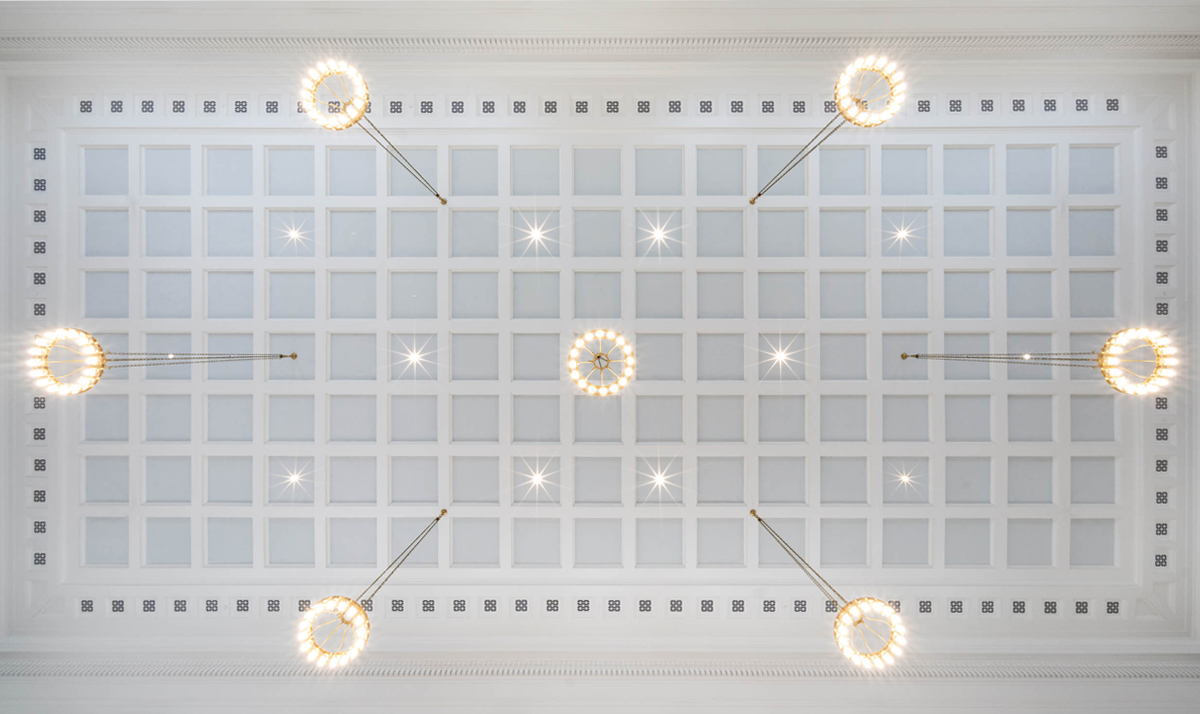
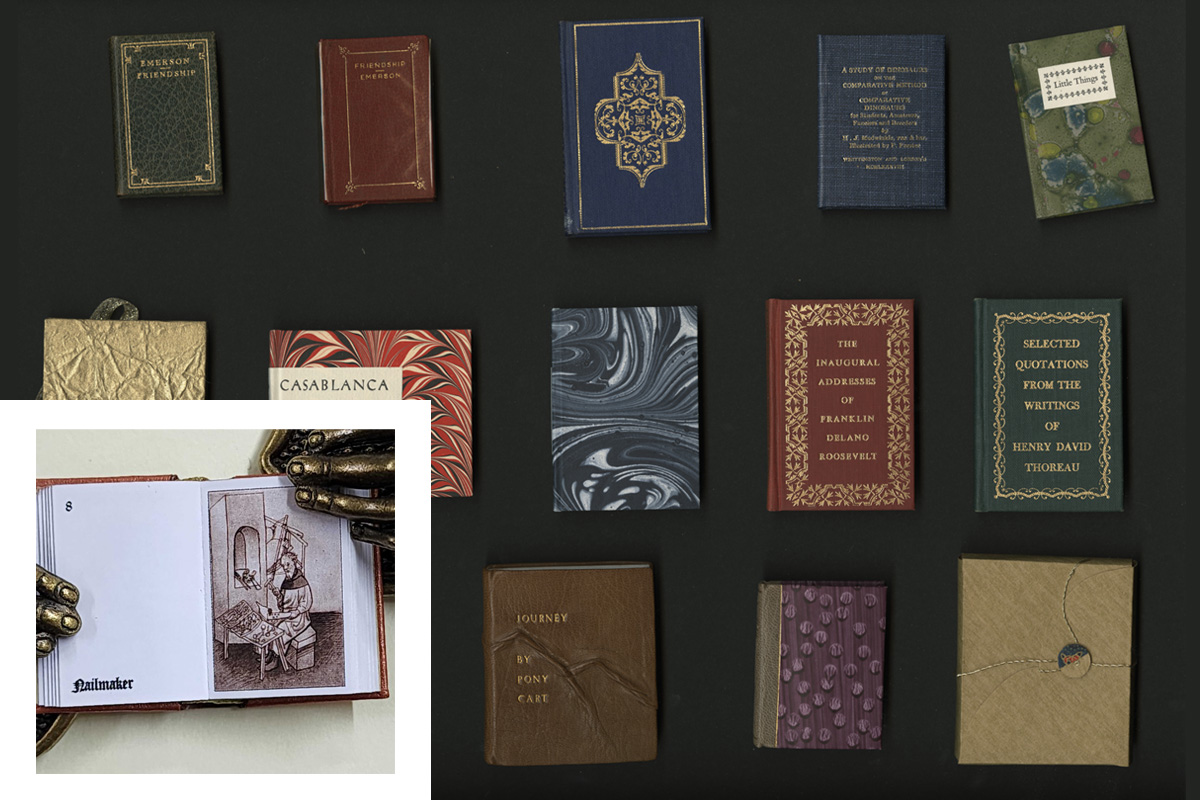
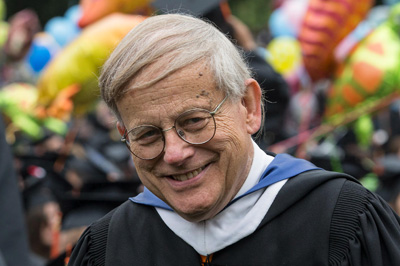 Alexander “Sandy” G.
Alexander “Sandy” G.